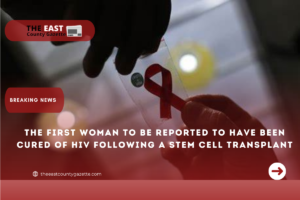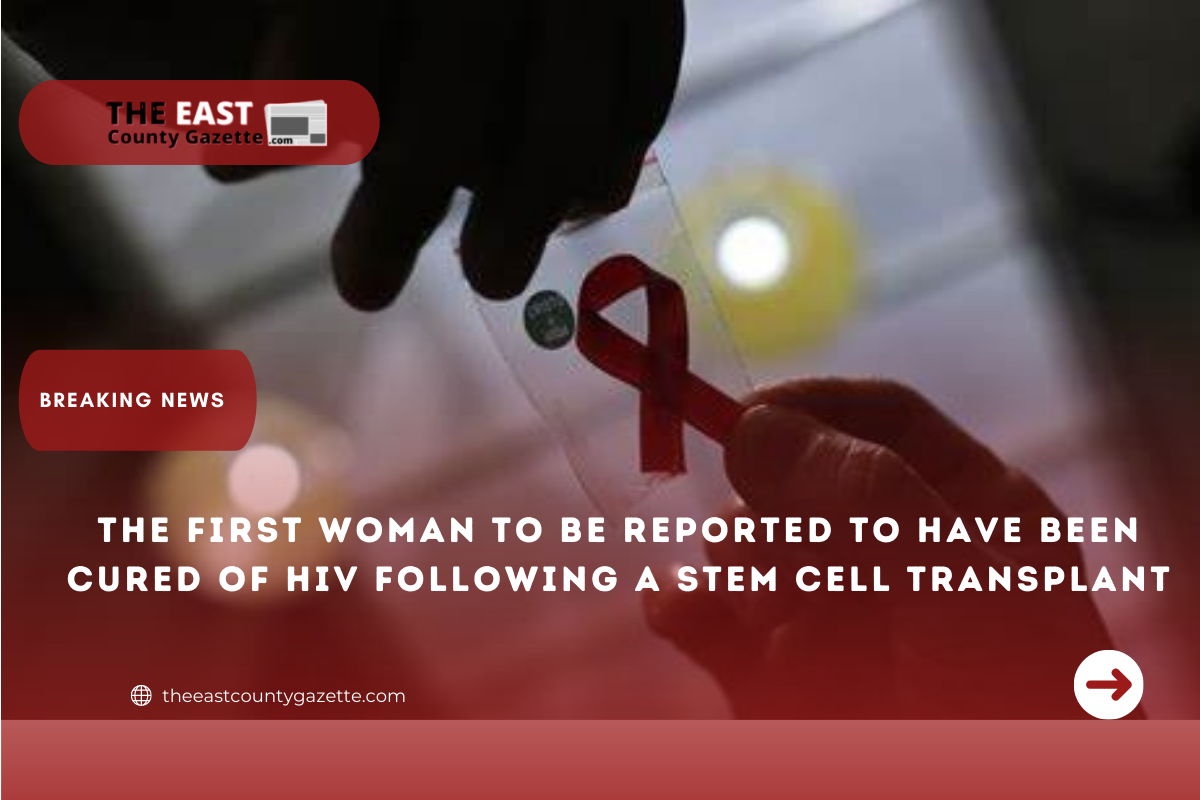Researchers reported on Tuesday that a leukemia patient from the United States has become the first woman and the third person to date to be cured of HIV after receiving a stem cell transplant from a donor who was naturally resistant to the virus that causes AIDS.
It is also the first time that umbilical cord blood has been used in the treatment of a middle-aged woman of mixed race, which was presented at the Conference on Retroviruses and Opportunistic Infections in Denver. This is a newer approach that may make the treatment more accessible to more people.

For 14 months, the woman has been in remission and free of the HIV virus after receiving cord blood to treat her acute myeloid leukemia (cancer that begins in blood-forming cells in the bone marrow). She has avoided the use of powerful antiretroviral therapies, which are commonly used to treat HIV.
Males – one white and one Latino – who had received adult stem cells, which are more commonly used in bone marrow transplants, had developed leukemia in the two previously reported cases.
This is the third case of a cure in this situation, and the first in a woman who is HIV-positive, according to Sharon Lewin, President-Elect of the International AIDS Society, who released a statement.
Yvonne Bryson of the University of California Los Angeles (UCLA) and Dr. Deborah Persaud of the Johns Hopkins University in Baltimore are leading a bigger investigation funded by the United States that includes this particular case.
Specifically, it seeks to monitor 25 people living with HIV who have undergone a stem cell transplant using umbilical cord blood stem cells for the treatment of cancer and other serious illnesses.
Patients included in the trial first undergo chemotherapy to eliminate malignant immune cells from their bodies. Doctors then transplant stem cells from patients who have a specific genetic defect that prevents them from producing receptors that the virus uses to infect cells into their bodies.
Scientists believe that as a result of this, the people’ immune systems become resistant to HIV.
Bone marrow transplants, according to Lewin, are not a viable technique for curing the vast majority of HIV-positive individuals. However, she stated that the findings “confirm that an HIV cure is conceivable and further validates the use of gene therapy as a viable option for an HIV cure.”
According to the findings of the study, the transplantation of HIV-resistant cells is a crucial factor in the success of the procedure.
Researchers previously speculated that a common stem cell transplant side effect termed graft-versus-host disease, in which the donor immune system assaults the recipient’s immune system, played a part in the potential therapy. However, the research has now been disproved.
When taken together, these three cases of a cure following stem cell transplantation all contributed to the identification of the many components of the transplant that were absolutely critical to a cure, according to Dr. Lewin.

